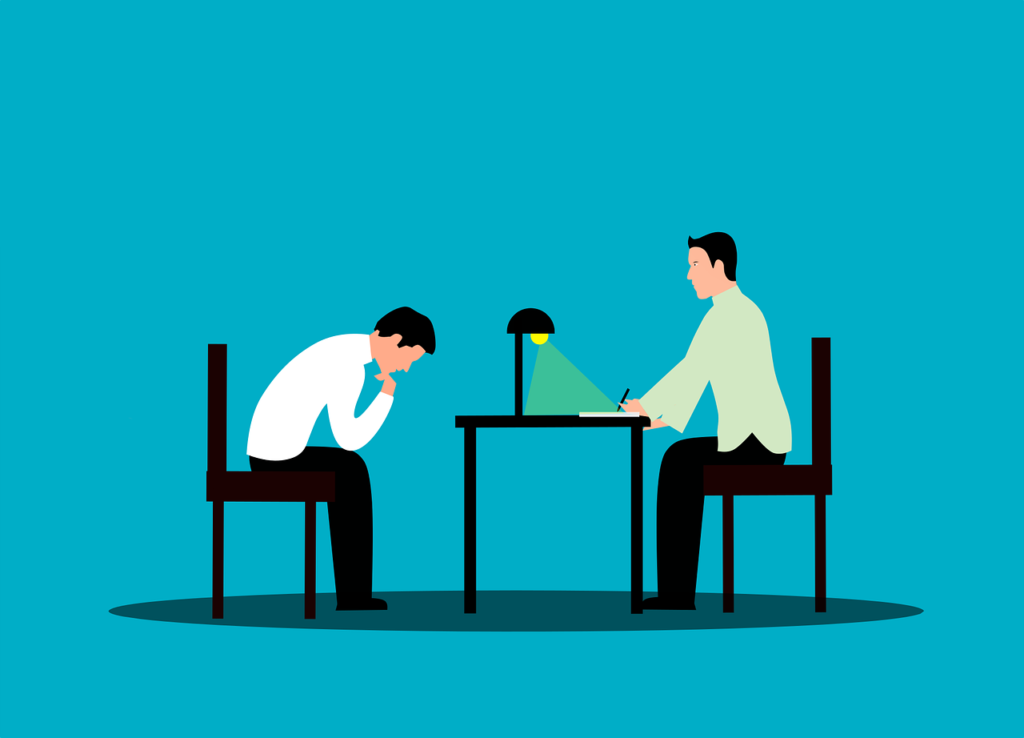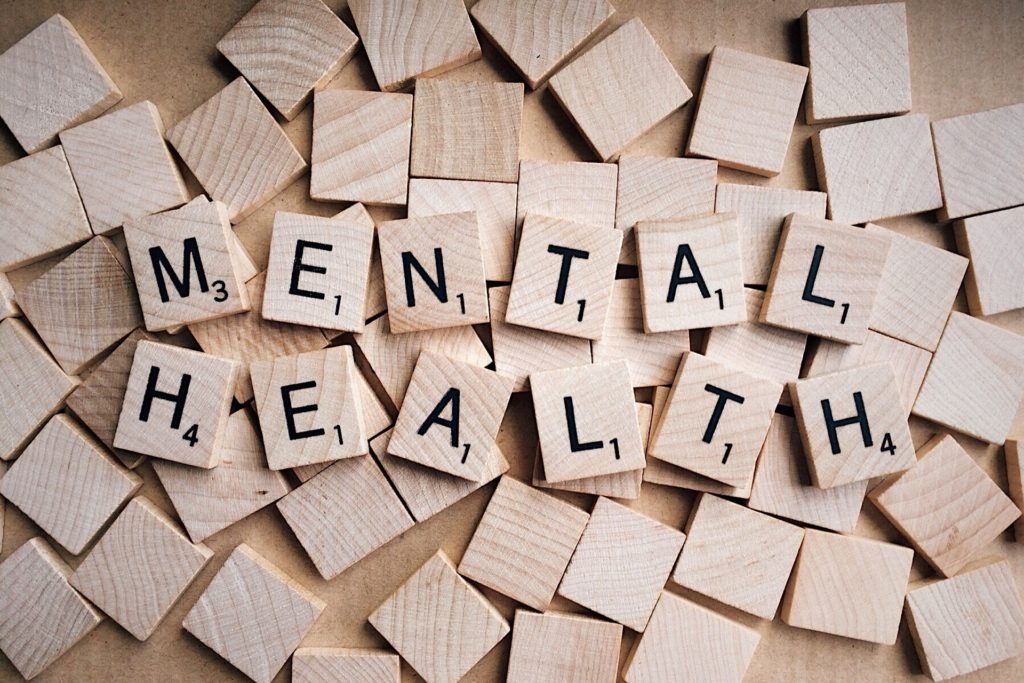Is Clinical Depression a Disability

Don’t let anyone tell you that clinical depression is not a disability. Because the fact is that Social Security has specific guidelines for severe depression and disability. Following these guidelines will help you get approved for disability for having clinical depression.
Is Clinical Depression a Disability? Yes it is. Social Security has disability guidelines that cover severe depression and other mental illness problems.
The disability approval process is based off of these guidelines that include the severity of the depression, the doctors diagnosis and more. I have included more information below about is clinical depression a disability and if so how.
Contents
- What is Clinical Depression
- Social Security and Clinical Depression
- Social Security Process for Clinical Depression
- Clinical Depression Requirements
- Conclusion
- YouTube Resource
- Resources
What is Clinical Depression
Clinical depression, also known as major depression is sometimes considered a disability under the ADA, though not all people living with this condition are eligible for this protection. Someone who suffers from serious depression that significantly impacts his or her day-to-day functioning is more likely to qualify for consideration as having a disability.
If depression is the only impairment that you listed on your disability application, getting a disability is going to be a longshot, unless you have serious, disabling clinical depression and you are eligible to claim depression on your listing. Social security does have certain guidelines that cover depression and other mental illness conditions.
Clinical depression is often approved by Social Security as a disability. There are thousands of people who have a disability income from clinical depression. The amount of money that someone can make each month for clinical depression is determined by how bad the depression is and any work history if any. Social Security disability wants to know if the clinical depression is bad enough to prevent a person from working.
Social Security and Clinical Depression
Social Security does have guidelines for all health and mental health related listings. Sever depression is included in those guidelines. This let’s you qualify for disability for having clinical depression. Once you qualify the. It’s a matter of the process of finding out if your clinical depression is bad enough to keep you from working.
Your doctor will be your biggest advocate during this process. Social Security and disability judges put a lot of stock in what doctors say. So if your doctor has you diagnosed with clinical depression and says you can’t work because of it then that increases your chances of getting approved for disability benefits.
You may stay on depression disability for as long as your depression keeps you from working. If you cannot work at all because of the effects of your depression, regardless, your employer can provide a disability benefits. If your depression is so bad, even when treated with antidepressant medications, that you cannot do any kind of job, you may be eligible to receive Social Security disability benefits.

Social Security Process for Clinical Depression
If your depression is interfering with your ability to do your job duties, you might want to consider filing for long-term disability insurance. While depression can qualify you for long-term disability benefits, there are some challenges involved in getting your mental health claim approved by an insurance company.
To evaluate your depression long term disability claim in the fairest way, your insurer needs to know how your condition personally impacts your ability to function. Understanding whether or not you are eligible for depression-related disability benefits may help you assess what problems your disorder causes.
If you do not fit SSAs criteria for having depression, you can still be eligible for disability benefits as long as you can prove all of your health conditions, taken together, fit the criteria. If you do not meet the SSA criteria for depressive disorder, you still may qualify for disability benefits based on residual functional capacity, or RFC. Depression may also be claimed as a disability under the SSA, but only if you meet the specified criteria.
In addition to meeting these specific disability criteria, applicants seeking disability benefits on the basis of a depressive disorder also need to meet SSAs general requirements for eligibility. Like all of the blue book listings, depression has a checklist of criteria that applicants must meet to be eligible for the SSD benefits. The Common List includes a list of symptoms and functional problems that must occur in order for you to be eligible for either Social Security Disability Insurance or SSI Disability Insurance benefits based on your depressive condition.
To be eligible for disability benefits for depression, your clinical depression must be severe enough to meet the requirements that the Social Security Administration (SSA) has established in Social Security’s impairment listings for depressive disorders (Listing 12.04), or it must interfere with your ability to function so much that the SSA agrees that there is no work that you could do.
The Social Security Administration (SSA) has a list of depression conditions that are eligible for disability, and your claim will be approved if you are able to meet these criteria, providing extensive medical evidence and other supporting documentation.
If you do not qualify for Social Security’s requirements for clinical depression, as described above, then the SSA will then look at your symptoms of depression and how much they interfere with your ability to perform normal activities of daily living, as well as whether you have work that can be expected.
To qualify for Social Security disability insurance (SSDI) or Supplemental Security Income (SSI) benefits based on an affective disorder, your medical records must meet at least one of the following two sets of criteria.
You may be eligible to receive benefits for an impairment such as depression under either SSDI or SSI, but only under SSI if you are ineligible under SSDI because you have not paid into Social Security, have insufficient work credits (more about those below), and/or earn less than a specified amount of money.
To qualify for disability benefits for depression, besides having the symptoms listed below, you must meet some functional criteria that demonstrate an inability to make a living. The standards for proving Disability for Depression are high, and some individuals may fail to meet the standards, yet remain unable to work.
Clinical Depression Requirements
What You Will Need
- Birth Certificate
- I.D. Card
- Social Security Card
- Work History
- Diagnosis From Your Doctor
- Whatever Else They Request
While you will need to meet strict requirements in order to get full disability benefits based on your diagnosis of depression, working closely with your health care providers and with your Social Security disability lawyer or advocate to gather and submit the proper documentation can help to make sure that your disability claim for depression has the best chance at success.
When you show up to give your disability review claim, the will let you know before had what you need to bring. They can pull up most of your work history from their computers. The main thing you need is I.D.s and any paperwork from your doctor claiming that you cant work because of your clinical depression.
On its own, your depression and anxiety disorder may not qualify for disability benefits from SSA. You might be eligible for severe clinical depression, bipolar disorder, an anxiety disorder, or another mental health condition that makes it difficult for you to hold down a job. You are more likely to get approved for disability if you have clinical depression along with other factors such as anxiety or bipolar to go along with the depression.
Once your doctor has you diagnosed with clinical depression and you have met all of the other disability requirements, it is then up to the disability department to approve or deny your disability request for clinical depression. The key to success is to make sure that all of the requirements are made along with your doctor diagnosis. If you are denied, they will let you know where you can file an appeal.
Conclusion
The bottom line is that if your doctor has you diagnosed with clinical depression and he believes that your type of depression is bad enough to keep you from working, then you will qualify for disability benefits for having clinical depression. Once you approved for disability, it’s then just a matter of time of when you will start receiving your income.
Do not fear if your disability claim for clinical depression is denied. There is an appeals process. As a matter a fact, a lot of people get denied the first time and then approved on the appeal. So make sure that you make an appeal if you have been denied a disability claim.
Leave a Reply